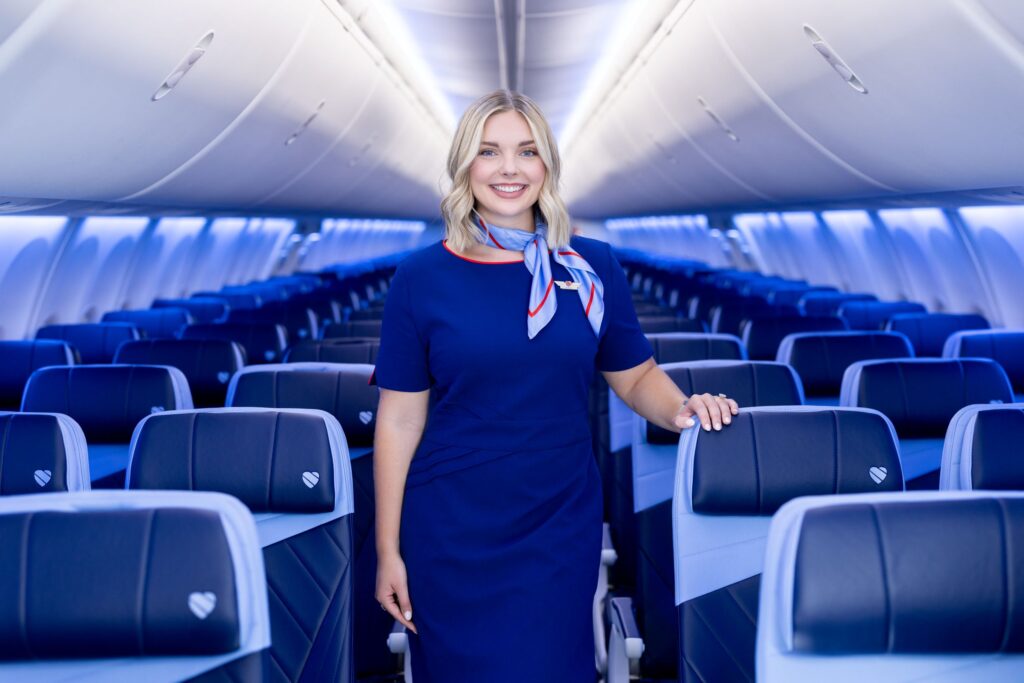Rising Temperatures Push One US Airline to Rethink Cabin Beverage Safety
Share
Published: 26 June 2025

In June 2024, reports began circulating of Southwest Airlines flight attendants being injured by exploding soda cans in-flight. With this summer looking just as hot as the last, the problem has returned, especially throughout the American Southwest, where temperatures regularly reach triple digits in Fahrenheit. The issue reveals how intensely scrutinized in-flight catering and food and beverage-related processes must be across the airline industry.
Summer Heat Turns Ordinary Cans into Inflight Hazards
Cabin crew aboard Southwest Airlines flights encountered an unusual pattern in June, 2024. Soda cans that were stored in the aircraft galleys began erupting with force when opened. In some cases, the pressurized soda sprayed across the galley. By the end of the month, there were more than 100 reports of soda cans exploding on Southwest flights, according to Southwest flight attendant union president Bill Bernal.
The cause of these soda explosions is the heat – when temperatures increase, so does the pressure inside the soda can. These cans contained carbonated beverages that were under such immense heat-driven pressure from being exposed to prolonged outdoor heat that they could open with even the slightest movement. At altitude, the change in cabin pressure triggered even more violent bursts. In heat-intense regions like Phoenix and Las Vegas, soda cans absorbed triple-digit temperatures while sitting on the tarmac or inside non-refrigerated storage.
The soda hazard was unique to Southwest Airlines. Unlike other carriers, Southwest does not serve any perishable food items in-flight. Because of this, they are not required to have refrigerated trucks or storage, which led to soda cans being exposed to extreme heat at numerous airports in the hottest parts of the United States. A truck on the tarmac without cooling is similar to a hot car in a parking lot.

Southwest Airlines promptly implemented safeguards to address the issue. The airline invested in a fleet of 60 refrigerated provisioning trucks for its two busiest hubs, which were affected by the potent summer heat in Phoenix and Las Vegas. These trucks are designed to maintain a cold temperature for the beverages as they travel from storage facilities to the aircraft, ensuring that soda, beer, and seltzer are at safe temperatures when served to passengers. The refrigerated trucks, which have a temperature of 40 degrees, also serve as mobile cooling units for ground crew working on the ramp in the scorching summer sun.
Furthermore, flight crews were advised to check for any bulging soda cans and were told not to open any cans that are noticeably hot to the touch and appear deformed due to heat exposure. Ground crews use heat guns to monitor the temperature of beverages, aiming to keep them below 80 degrees. Cans registering 98 degrees or higher are pulled from service and returned to storage to cool down.
Much like the 2024 heat wave, the summer of 2025 has brought scorching temperatures across the American Southwest, particularly in key Southwest hubs such as Phoenix and Las Vegas. By early June, temperatures in Phoenix and Las Vegas reached 115 degrees.
Airlines Explore Alternatives as Cans Become a Liability
While exploding soda cans may seem like a minor issue in the broader scope of the aviation industry, they signal a wider pattern. Many airlines’ logistical systems, designed for moderate climates, struggle to adapt to extreme heat. Extreme temperatures have begun interfering with even the most basic services, like handing a passenger a cold soda. For Southwest, it is more than an inconvenience, as flights have been delayed due to the need to clean up the damaged soda cans.
Carbonated drinks have been packaged in cans for a long time. Aluminum cans have long been a staple of airline beverage service. For airlines, soda cans suit all their needs as they are lightweight, recyclable, and stackable.

So, are there other options? One innovative approach to the onboard beverage service is SkyTender Solutions’ mobile post-mix system, the SkyBar SPLASH. While traditional airline drink carts are stocked with heavy, single-use cans and bottles, SkyTender’s cart mixes drinks on demand using concentrated syrups and filtered water. It allows airlines to serve passengers carbonated and non-carbonated beverages, such as sodas, juices, and even custom drink blends, without relying on bulky pre-packaged containers. Moreover, it eliminates the need for cans and bottles, which can lower the carbon footprint by 50% compared to canned options.
In addition to reducing the amount of waste onboard, the SkyBar SPLASH can reduce weight. By removing individual packaging, airlines can reduce fuel consumption while improving sustainability. Its modular design further improves space efficiency in the aircraft galley, making it easier for the crew to stock and streamline the in-flight service.
While this type of product may not suit every airline, it is an example of a problem-solving solution that simultaneously addresses numerous pain points for crew and for the carrier’s bottom lines.


